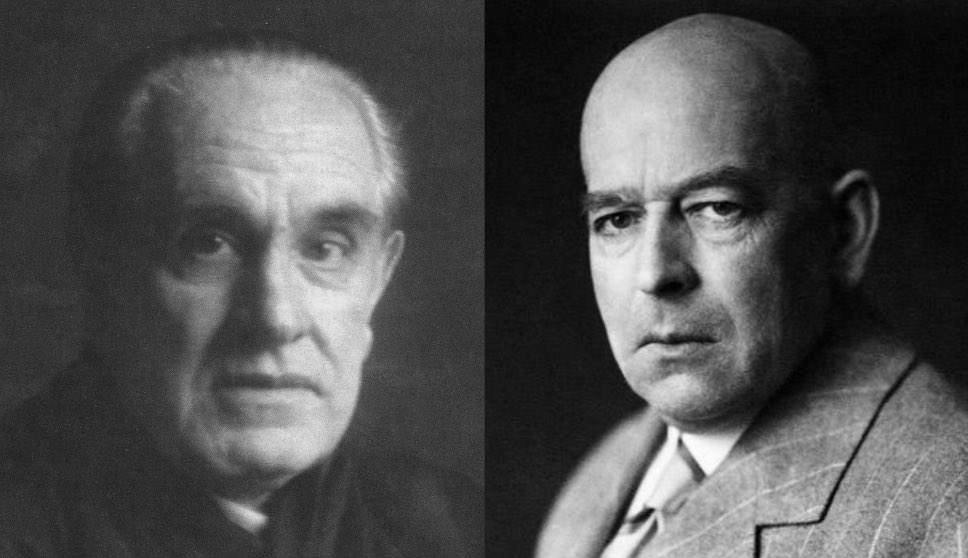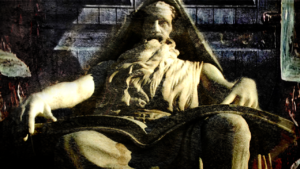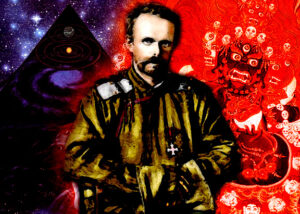Julius Evola on Oswald Spengler

Spengler’s Decline of the West was at one point translated into Italian by Julius Evola himself; Longanesi has published many editions of “Il Tramonto dell’Occidente”, and Evola’s translation was the one published in 1957, pictured below.

Evola writes on this in his Path of Cinnabar, in a chapter titled “Bachofen, Spengler and the ‘Metaphysics of Sex'”; he begins by stating that Spengler “rejected progressive and historicist whims, and showed awareness of the degenerate nature of the times in which we are living”.

Evola recognized that Spengler contributed to the possibility of going beyond the linear and evolutionary conception of history; they were also in agreement that the civilization stage reached after the First World War was not an apex, but the opposite: a “twilight”.

Evola also agrees with Spengler’s analysis of “Caesarism” (for both men this also referred to Hitlerian National Socialism), calling it a product of democratic titanism; this is mirrored in Evola’s Fascism Viewed from the Right, and his Notes on the Third Reich.

However, as a negative counterpart to this praise, Evola states that Spengler embraced pluralism and historical relativism; he also criticizes an absence of a coherent definition of “Kultur” in Spengler’s writings, and an apparent influence of vitalist and “irrationalist” thought.

Evola argues that Spengler’s description of each distinct and different civilization following the same pattern is “simplistic”, that plurality is only on the surface; Evola states that beyond this, “modern” and “Traditional” types of civilization are still fundamentally opposed.

Evola cites the “detrimental” influence of certain intellectual schemes proper to modernity as the reason for Spengler’s failing to capture the essence of each “Kultur”; not “life” and “instinct”, but “intellectualized and spiritualized awareness”.

Per Evola: “the valorisation of life is vain, if not illuminated by an authentic comprehension of the world of origins. The plunge into existentiality, into Life can initiate a regressive process”; Evola believes this causes Spengler to misunderstand Buddhism, Taoism and Stoicism.

Finally, Evola comments on Spengler’s idea of the Faustian man as one of the major causes of crisis in the West; for Evola, Faustian man is simply “the consequence of an external and horizontal projection of the metaphysical tension which had previously been directed upwards”

Evola concludes that Spengler had no influence on his thought, but their overlap can be glaring. Both Evola and Spengler rejected the West as the “only” civilization; Guénon’s idea of the West as “irreligion pushed to its full consequence” can fit within this framework as well.












